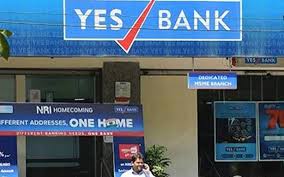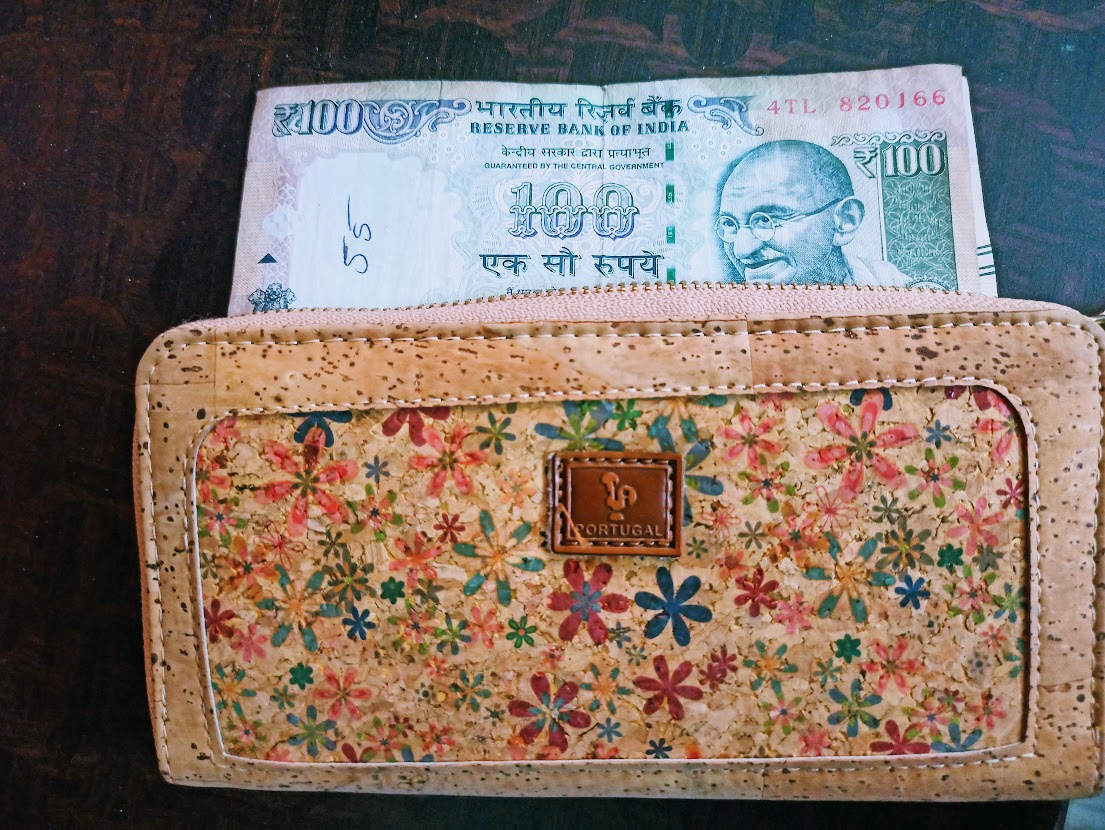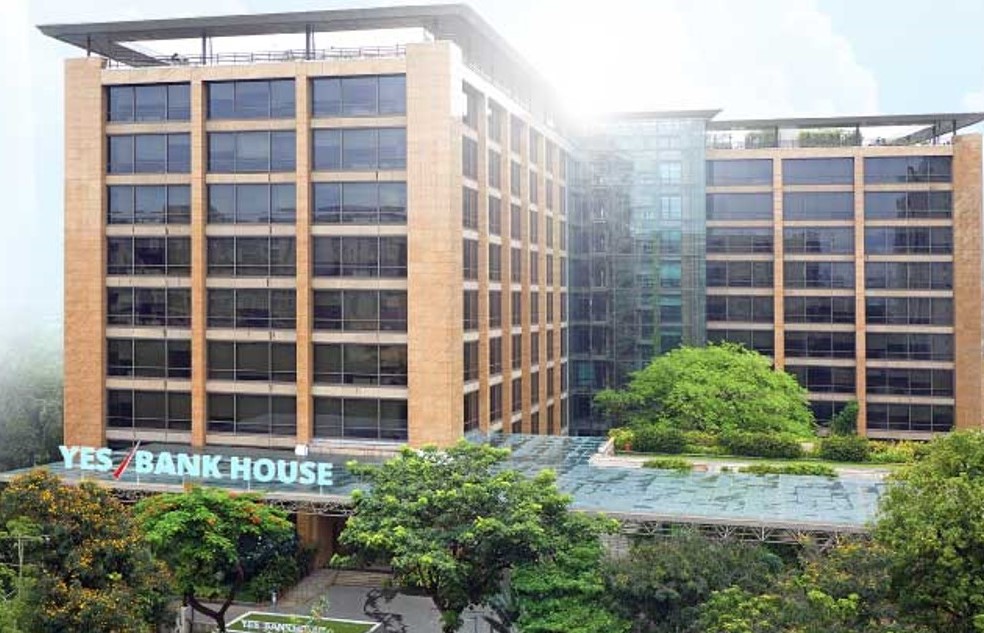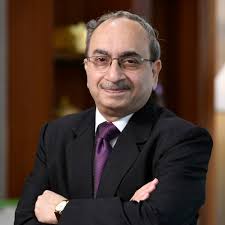Yes Bank chief executive officer Prashant Kumar has put plenty on his plate. He has roped in a partner to help him get rid of the bank’s legacy pile of bad loans worth Rs 48,000 crore; the bank will pick up a 20% stake in this partner’s entity to get into the stressed assets business; and he will raise $1 billion to fund growth.
Kumar has set this financial year for all this to happen, soon after Yes Bank exited from a reconstruction scheme designed to pull it out of the pit. The aim is to have a bank that has almost no bad loan and that gets to work with multiple set of investors who stay with no quick returns or exits in mind.
The first task is to clean-up toxic loans that threatened the existence of Yes Bank two years back until the government got the State Bank of India (SBI), the country’s largest bank, to bail it out.
Kumar has managed to get the asset reconstruction company of private equity firm JC Flowers as the base bidder with a Rs 11,110-crore offer for the entire cache of bad assets which include Anil Ambani’s Reliance Group (Rs 12,800 crore), Essel Group (Rs 8,400 crore), Omkar Realtors (Rs 2,700 crore) and Radius Developers (Rs 1,200 crore). Yes Bank will receive 15% of the payment in cash upfront while the rest will be in form of security receipts.
Kumar will follow the Swiss Challenge auction system, which will allow other asset reconstruction companies (ARCs) to make competing bids. If any of these bids are higher, JC Flowers ARC will have the option of matching it. Kumar expects the sale process to conclude in 60-75 days.
Yes Bank will invest Rs 350 crore to pick up a 20% stake in JC Flowers ARC. This will allow Yes Bank to partner with an ARC to tap into a huge opportunity as banks sit with bad loans estimated at Rs 10 lakh crore.
“There is a business proposition in this partnership. It will be a separate company with independent directors. JC Flowers has deep pockets and they get our entire pool of stressed assets to start with,” Kumar told Indianbankingnews.com.
Kumar wanted a larger stake in the ARC entity but the Reserve Bank of India (RBI) guidelines do not allow banks to own more than 20% stake in a stressed assets company. The initial acquisition of 9.99% stake will require no regulatory approval. The rest 10.01% will be acquired later, subject to clearance from the regulatory bodies.
The stressed asset market in India is going through a new structuring with the National Asset Reconstruction Company (NARCL), backed by the government, sitting at the top. The NARCL, or bad bank, will handle bad assets worth Rs 2 lakh crore, with Rs 90,000 crore of non-performing loans set to migrate from banks in the first tranche. This will leave out big-ticket corporate loans above Rs 500 crore from the list of the existing ARCs.
The JC Flowers ARC-led partnership with Yes Bank will find place somewhere in between. “There is need in the market for a stressed assets platform which can aggregate loans of different banks. Banks are going in for one-time settlement because there is no such platform available now. The NARCL will occupy that place. We will also fit in. Most of the existing ARCs in India do not have that kind of capital,” said Kumar.
JC Flowers ARC, which so far has a thin business in India, will now scale up after getting access to Yes Bank's bulky non-performing assets (NPAs). "They (JC Flowers) have global expertise and the capital. Now they have a pool of bad loans from us. They will get an opportunity to demonstrate their abilities and will be one of the preferred ARC players in the market," he said.
Kumar, who was moved out of SBI where he was chief financial officer to revive Yes Bank in March 2020, had the option of selling the soured assets to existing ARCs. But this would have taken time, he said, and no ARC had the capital to take over these stressed assets. Besides, they would have selectively picked up the bad loans. Kumar preferred a partner who would mop up this entire pool.
“We took a call to partner with an entity which had the capital, the global expertise and was willing to take over the entire pool," Kumar said.
The third piece in this revival exercise is raising capital. The fundraising exercise will take place later in the year, after the clean-up of the balance sheet is completed to make the equity buy attractive for investors. After the sale, the bank will have gross non-performing assets (NPAs) of less than 2% compared with 14% now. This will be an important step to be able to raise equity capital, said Kumar.
The bank holds 81% provisions on the loans up for sale. The net carrying value of these assets on its balance sheet is Rs 8,300 crore, he added.
Yes Bank plans to raise about $1 billion and is in talks with multiple investors, including Carlyle Group, Advent International and other private equity funds. For supporting this kind of capital, there will be more than one investor and the route adopted could be through QIP or preference shares.
“We are looking at credible names to buy equity as it would give a lot of confidence to our retail investors. We are also looking at investors who would take a long-term view on the bank and not have an outlook for 12-18 months,” Kumar said.
The fundraise will help the bank to improve its core capital. It will take its common equity tier-1 (CET) ratio to 14% from 11.5% now.
“All the moving parts behind the reconstruction scheme of the bank have been taken care of. After the cleanup is completed, the balance sheet will get stronger. The next exercise will be to jump-start the growth engine,” said Kumar.
When Kumar took charge of Yes Bank which was collapsing under the weight of bad loans doled out during the period of founder-promoter Rana Kapoor’s control, there were two lifelines of the bank he had to immediately take care of. The first was to prevent an exodus of deposits from the bank, which had plunged 54% by March 2020 from its peak of Rs 227,610 crore at the end of March 2019 amid rising NPAs and failure to get capital infusion. The situation has improved with deposits growing 21% year-on-year to stand at Rs 197,192 crore as of 31 March 2022.
The second challenge was to raise Rs 15,000 crore through a follow-on public offer, which was very critical for the bank’s survival. The bank successfully completed the issue in July 2020.
Next on the agenda will be to take the bank on the growth path on the loan side. “Within two years, we have solved most of the issues. We have a good franchise and are confident that we will have a strong credit growth,” said Kumar.
Meanwhile, SBI has said that it will not take a call on selling its stake in Yes Bank unless the market conditions improve substantially. Holding 26% stake in Yes Bank, the country's largest lender will wait till it is able to get a good return on investments.








